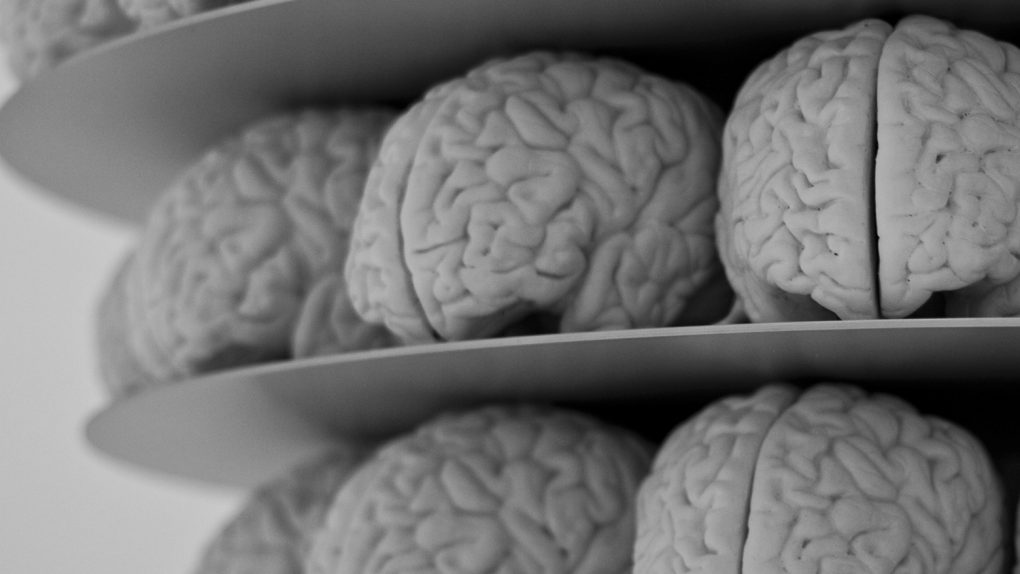If there’s one thing philosophers have learned over the course of human history it’s that changing the way people think is a tricky business. Societies create rules that encourage “good” behaviors, but inevitably there are those who push back, offering their own criteria for what constitutes moral behavior. Now, with the possibility of a merger between man and machine being talked about in earnest, researchers from North Carolina State University and the Montreal Clinical Research Institute decided to explore whether behavioral modification in the name of morality could solve some of society’s ills. The results aren’t particularly encouraging.
The study examined the overall effectiveness and results of a total of seven different “moral enhancement technologies” including the strategic application of oxytocin and amphetamines, and neurostimulation.
The results showed that, while these technologies can have positive effects on an individual’s morality and encourage “good” behavior, the drawbacks are many. “What we found is that, yes, many of these techniques do have some effects,” Veljko Dubljevic, lead researcher, explained. “But these techniques are all blunt instruments, rather than finely tuned technologies that could be helpful. So, moral enhancement is really a bad idea.”
Ultimately, the side effects of the behavior-altering techniques were far too unpredictable, and even encouraged the opposite of moral behavior in some cases. Oxytocin, for example, was found to promote trust in subjects, but only in some cases or between certain individuals, resulting in a sharper divide between the subject and people with whom they don’t relate, including other races and minorities. Meanwhile, amphetamines were found to increase all types of behavior, not just the good kind, and the brain stimulation technologies studied proved to have basically no effect one way or the other.








